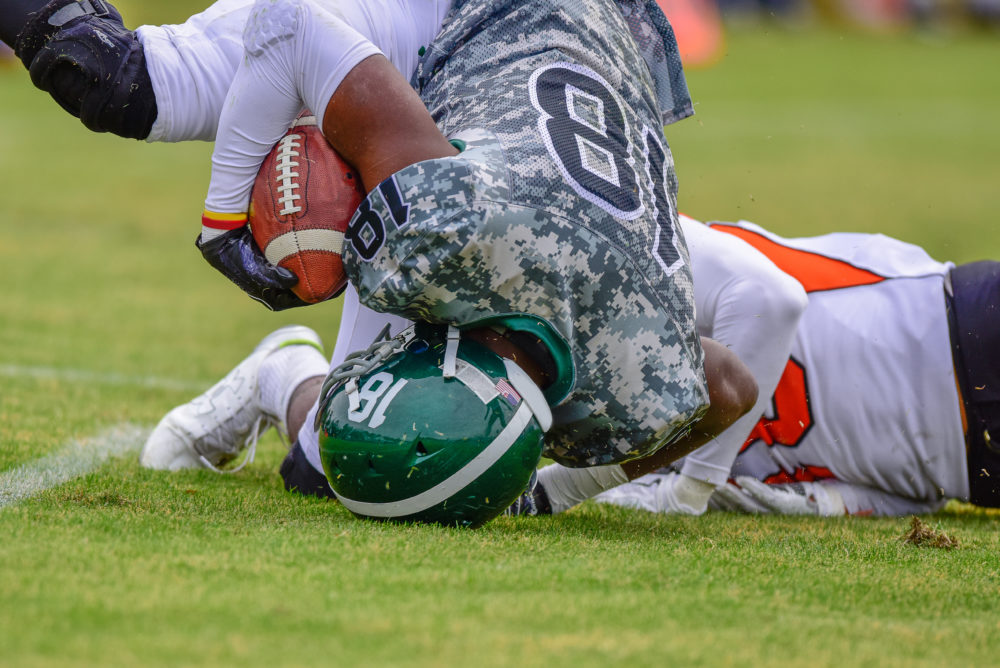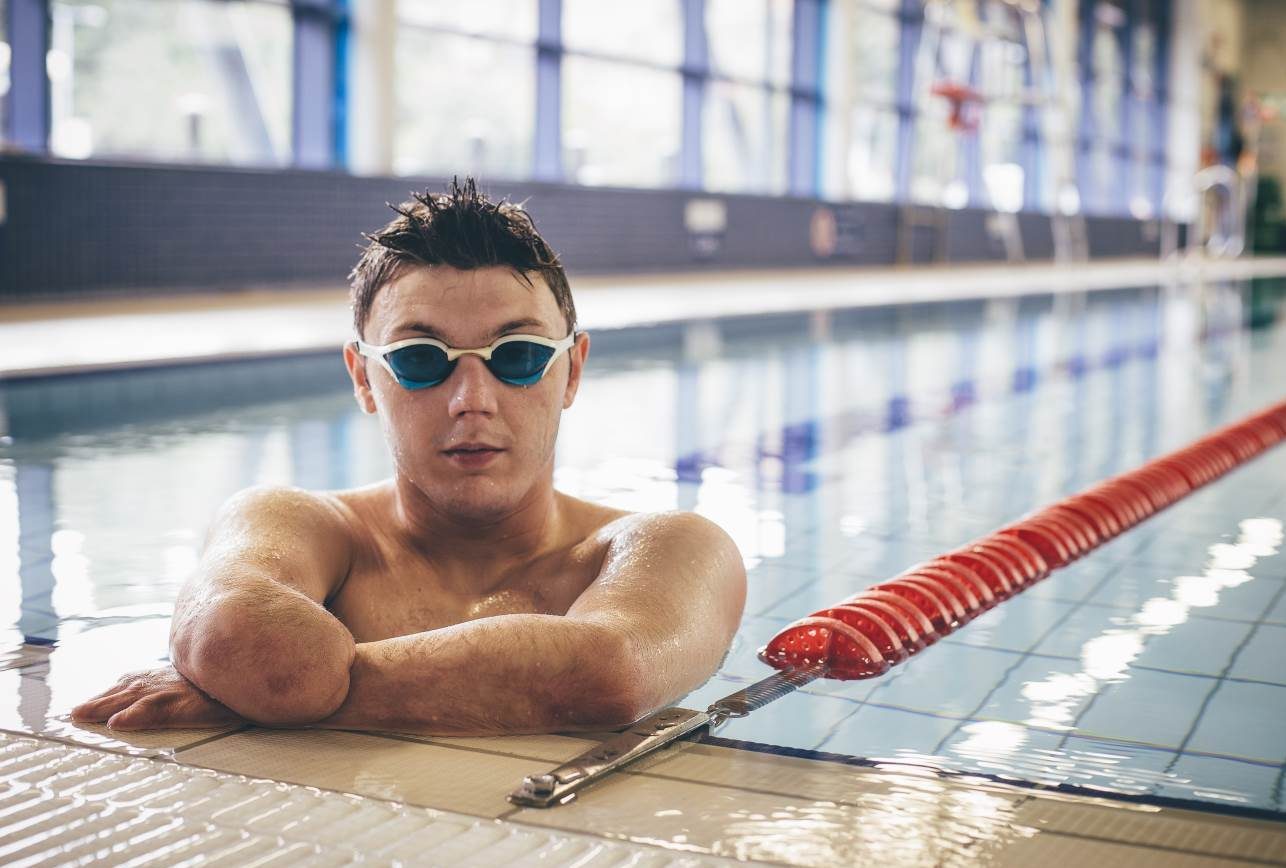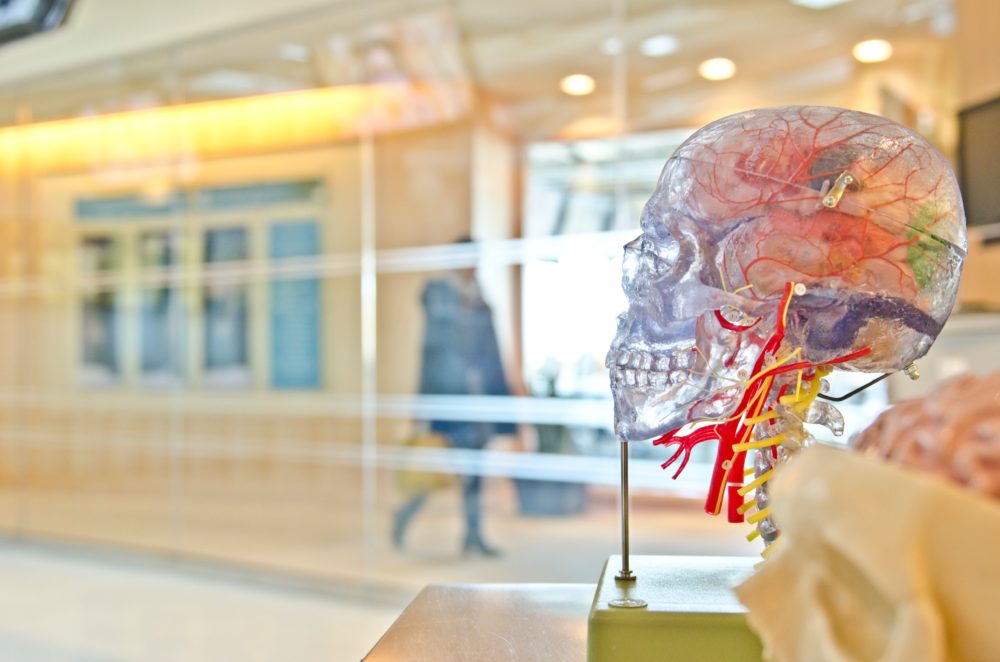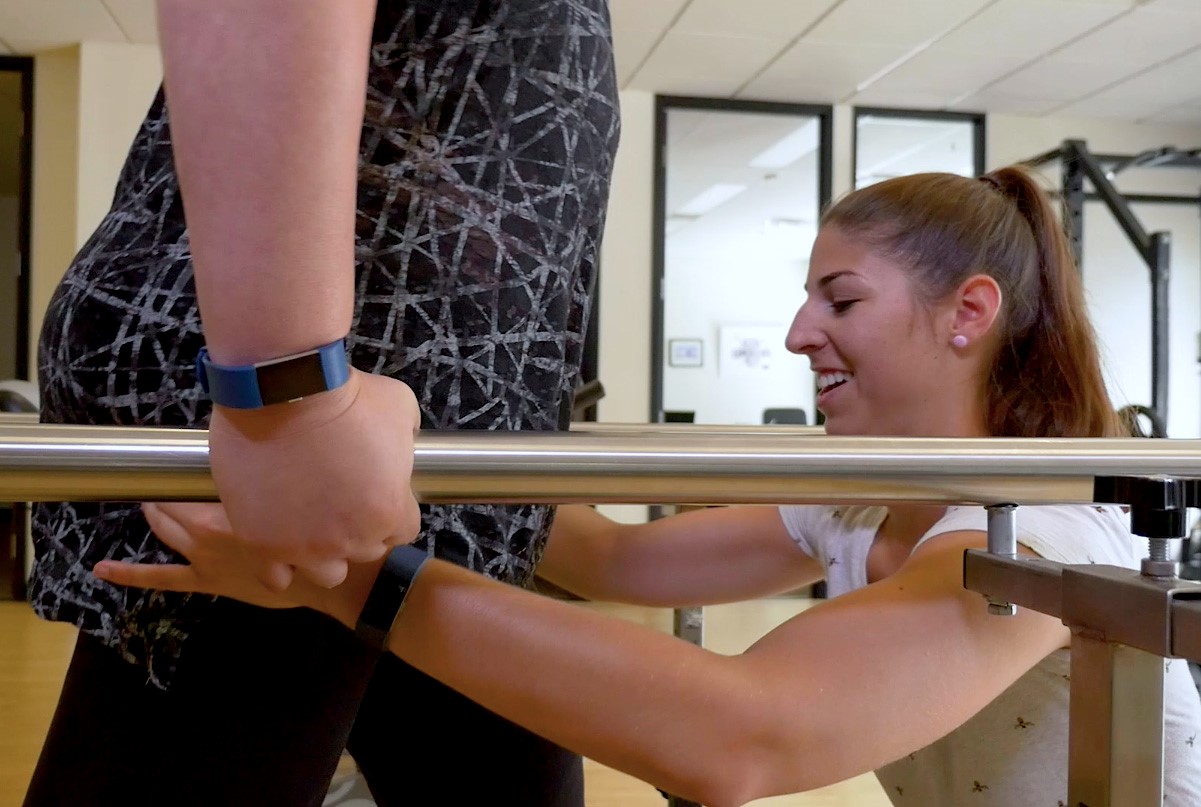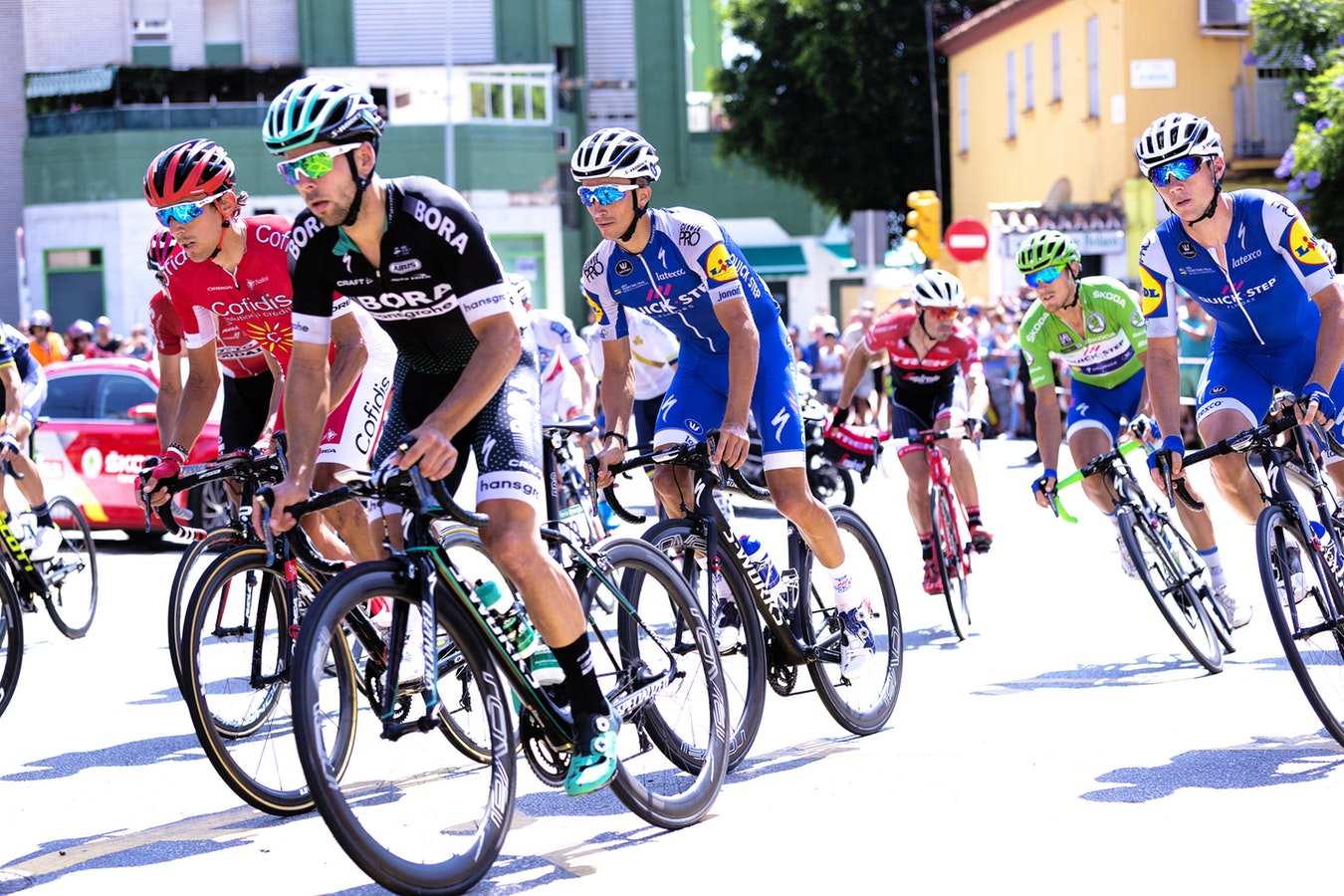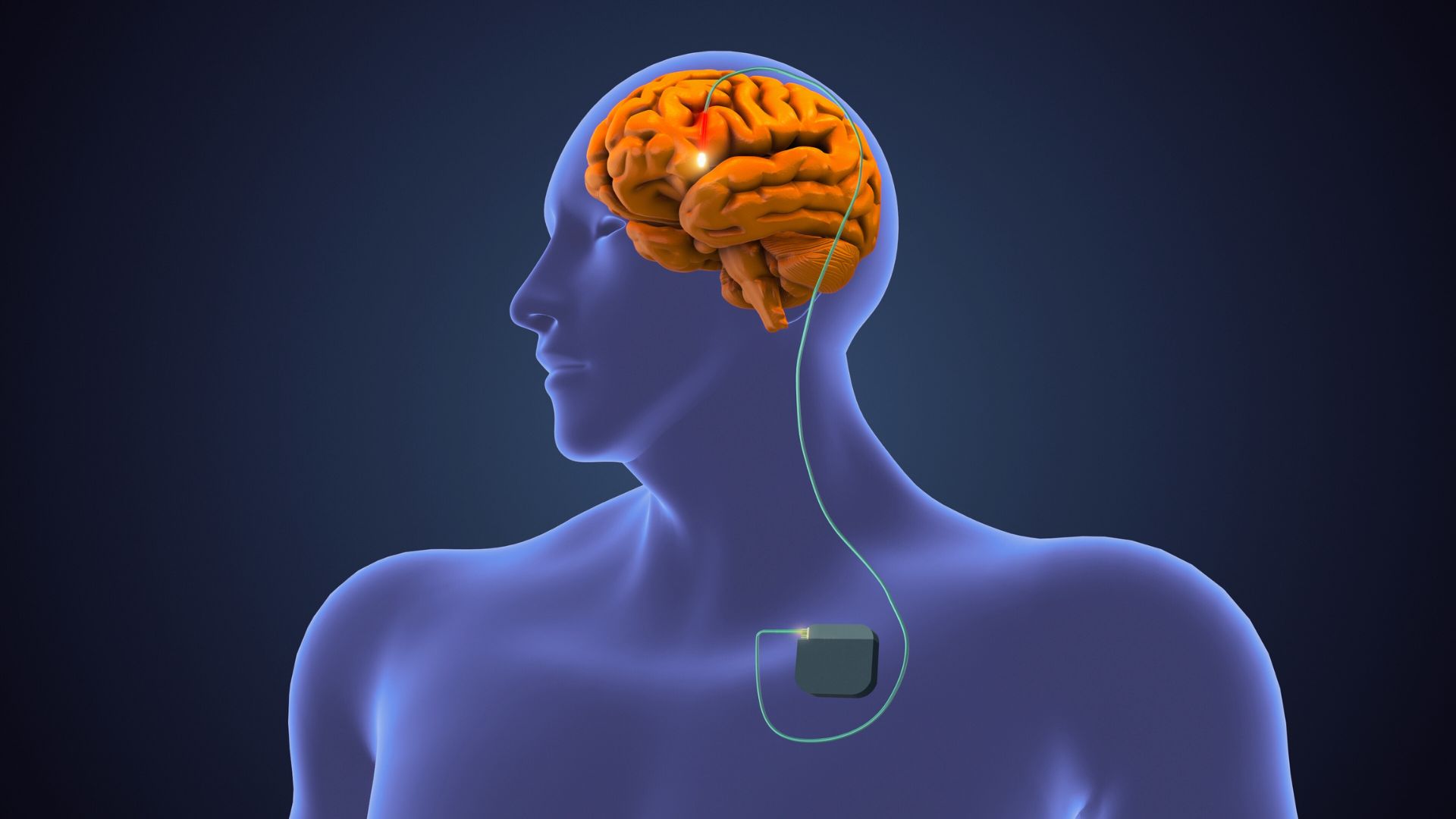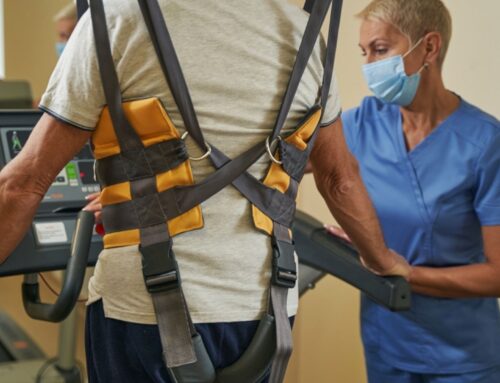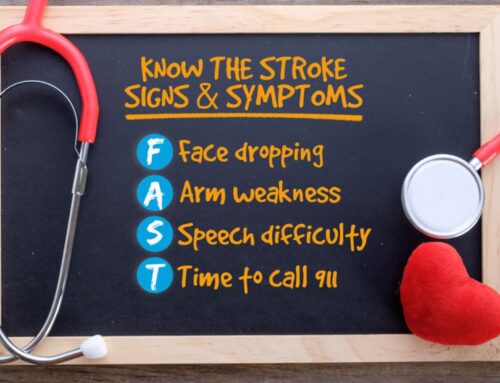While cycling is an excellent aerobic activity, it is important to recognize that out of all sports and activities, cycling contributes the most head injury related emergency room admissions.[i] This is even more than contact sports such as football and soccer.
In this blog, we will define a concussion, list common causes of concussion in cycling and give you tips on how to reduce the risk of concussion the next time you ride. We will also look at the role of physiotherapists in the management of concussions.
Table of Contents:
- Definition of a concussion
- Common causes of concussions in cycling
- Tips for reducing the risk of concussion in cycling
- Physiotherapy Management for Concussions
- Conclusion
What is a Concussion?
In simple terms, a concussion is a type of traumatic brain injury that happens when you hit your head really hard, or a force that causes your head suddenly jerks back and forth causing your brain to get shaken up inside your skull.
Some common symptoms of a concussion include: dizziness, confusion, nausea, balance difficulties, and trouble remembering things. To learn more about concussion symptoms check out: How to Recognize Concussion Symptoms.
Common Causes of Concussions in Cycling
In 2015, 42% of households around the globe owned at least one bicycle.[ii] The World Economic Forum has estimated there will be five billion bike riders by 2050.[iii] Let’s look at the common causes of concussions among this growing demographic.
1) Falls: Falls from bicycles are a significant cause of head injuries. These can occur due to a variety of factors ranging from uneven road surfaces to accidental loss of balance while riding.
2) Collisions: Literature shows collisions with vehicles are a major contributor to cycling related concussions.[iv] Additionally, collisions commonly occur with pedestrians, other cyclists, or stationary objects, like parked cars when passengers open doors to exit the vehicle.
3) Distracted Riding: Distracted behaviors that occur when using portable electronic devices is an emerging safety concern that has not been well documented to date. One study found that distracted riding is involved in 89% of traffic crashes suffered by cyclists.[iv] This is likely due to distracted riding resulting in missing abrupt stops or turns and unexpected road hazards.
You may also enjoy reading: Exercises to Prevent the Most Common Cycling Injuries
Tips for Reducing the Risk of Concussion in Cycling
Most studies suggest that once brain cells are destroyed or damaged, for the most part, they do not regenerate. However, recovery after brain injury can take place, especially in younger people, as, in some cases, other areas of the brain make up for the injured tissue.[v]
It is important that we take every reasonable precaution possible to protect our brains and reduce the risk of concussion in cycling and other sports. Here are some tips on how to do just that.
1) Properly fitted helmet
A good bike helmet is crucial to protecting your head. The following are things for you to consider when looking for a helmet:[ii]
- Safety Certifications: Look for helmets with the appropriate certification stickers. The most common one you will likely see in the US and Canada is the Consumer Product Safety Commission (CPSC) sticker. Others to look out for are: CSA, EN, ASTM, Snell B90, Snell B95
- Proper Fit: Your helmet should fit snugly and comfortably. It shouldn’t wobble or move around too much when you shake your head. One way to make sure your helmet fits is the 2 2 2 rule. In the front of your head, the bottom of your helmet should sit above two of your fingers placed just above your eyebrows. Then forming a V shape under your ear your helmet straps should follow the same path as your fingers. Finally with the strap fastened only 2 fingers should fit between the strap and your chin.
- Coverage: A good helmet covers a significant portion of your head. Try to find ones that cover the front, back, and sides or your head. The more of your head that is covered by the helmet the better the protection. This allows your head to be protected from impacts from various angles.
2) Be aware of the signs and symptoms of concussions
Knowing what to look out for is important because it can let you know when you should seek medical attention. If you or a loved one has hit their head and is suspecting a concussion, the following are some signs and symptoms to look out for: [vi]
- Trouble remembering things before or after the impact
- Loss of consciousness (even briefly)
- A headache or “pressure” in the head
- Feeling hazy, sluggish, groggy
It is important to seek medical attention if you suspect you have a concussion. A physician will be able to diagnose and monitor your symptoms during your recovery.
For a more comprehensive list of what to do if you suspect a concussion check out: How to Recognize Concussion Symptoms.
3) Be aware of your surroundings
To reduce your risk of concussion pay close attention to your surroundings at all times. Plan ahead and choose safe routes. Obey traffic laws and maintain a safe distance from vehicles, other cyclists, and pedestrians. Additionally, avoid riding in poor weather conditions.
4) Pace yourself
While it’s important to challenge yourself, avoid pushing your limits to the point of exhaustion. Fatigue can impair your judgment and reaction time, increasing your risk of accidents. Consider carrying water and snacks with you, especially on longer rides. Proper hydration and nutrition are essential for maintaining focus and energy during your rides.
You may also enjoy reading: Preventing Concussion in Winter Sports
Physiotherapy Management for Concussions
Here’s what you can generally expect from a physiotherapist for concussion management:
1) Assessment: The physiotherapist will assess the severity and nature of your concussion symptoms through physical and neurological tests. The tests will help to identify areas of concern, such as balance deficits, vestibular dysfunction, and cervical spine issues. Additionally, tests to evaluate your cognitive function, visual system, and cardiovascular fitness will be done.
2) Education: The physiotherapist will provide you with tailored information regarding your concussion, what to expect and your estimated timeline for return to activity.
3) Specific Exercises: The physiotherapist will prescribe specific exercises with the goal of helping you regain your functional abilities. These exercises will target areas of deficit identified in the assessment process. For instance, if vestibular dysfunction is identified, the physiotherapist may include exercises aimed at improving your vestibular system’s function, helping with issues like dizziness and imbalance.
It’s important to note that concussion recovery can vary from person to person. Your treatment plan will be personalized to your unique needs. To learn more about physiotherapy concussion management check out: concussion rehabilitation – a multisystems integrated approach.
You may also enjoy reading: Persistent Concussion Symptoms
Conclusion
Cycling is a fun and excellent way to stay active. However, concussions in cycling — often caused by falls, collisions, and distracted riding — are a serious risk. By practicing these tips our goal is to help you reduce the risk of concussion and encourage you to enjoy your biking experience. Remember, safety should always be your top priority. Have fun and stay safe!
References
[i] A Neurosurgeon’s Guide to Sports-related Head Injury. Accessed August 8, 2023.
[ii] Oke O, Bhalla K, Love DC, Siddiqui S. Tracking global bicycle ownership patterns. J Transp Health. 2015;2(4):490-501. doi:10.1016/j.jth.2015.08.006
[iii] Why we need to encourage cycling everywhere | World Economic Forum. Accessed August 8, 2023.
[iv] Park JC, Chang IB, Ahn JH, Kim JH, Oh JK, Song JH. Epidemiology and Risk Factors for Bicycle-Related Severe Head Injury: A Single Center Experience. Korean J Neurotrauma. 2017;13(2):90-95. doi:10.13004/kjnt.2017.13.2.90
[v] Concussion Signs and Symptoms | HEADS UP | CDC Injury Center. Accessed August 9, 2023.
[vi] Hopkins Medicine, Conditions and Diseases, Traumatic Brain Injury
Written by




